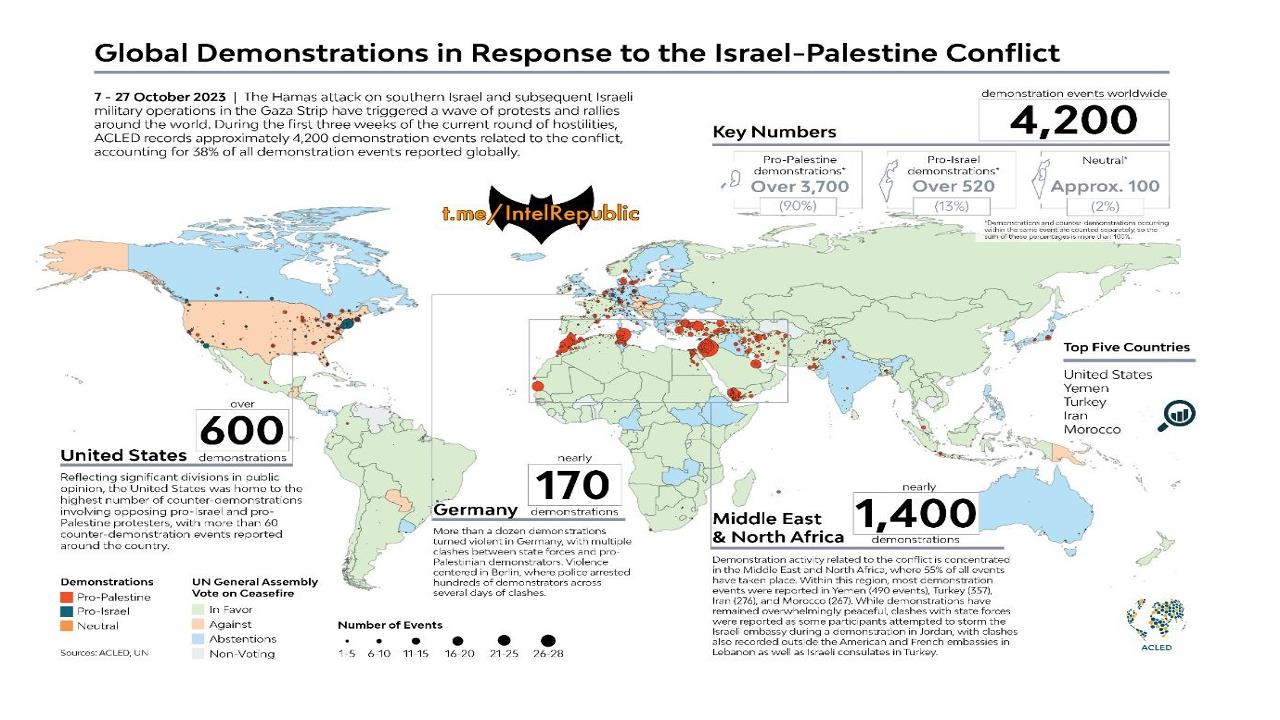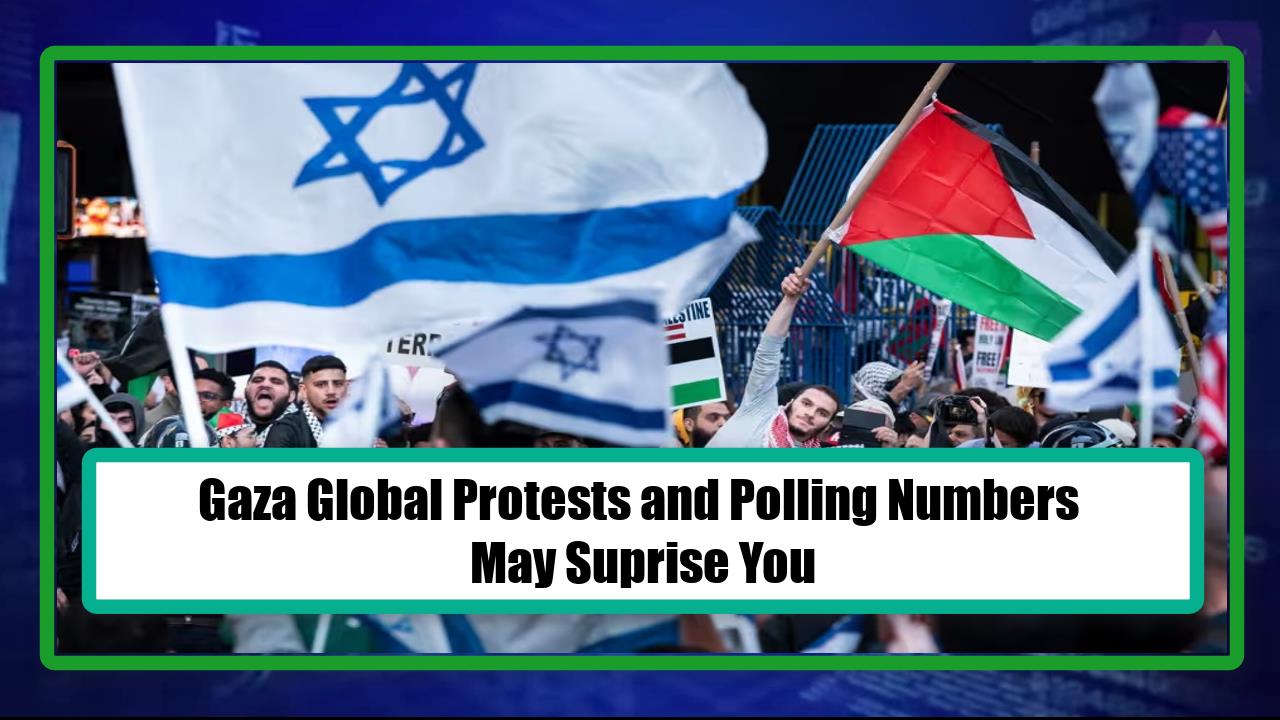Video:
Take our online poll:
AI Analysis:
War protesters can have several effects on a war conflict, although the extent of their influence can vary depending on factors such as the scale of the protest movement, the government's response, and the broader social and political context. Here are some potential effects of war protesters on a conflict:
(1) Raise Public Awareness: War protesters can bring attention to the conflict and its consequences, making the public more informed about the reasons for the war, its human costs, and the potential consequences.
(2) Pressure for Policy Change: Protests can exert pressure on the government to reconsider its policies. Large and sustained protests can make policymakers more receptive to changing course or seeking diplomatic solutions.
(3) Moral and Ethical Debate: Protesters often frame their opposition to a war in moral or ethical terms. This can lead to broader societal discussions about the justifiability of the conflict, contributing to public debate.
(4) Influence International Opinion: Protests can shape international perceptions of a conflict and a country's actions. They may influence other nations' positions and decisions regarding the conflict.
(5) Mobilize Opposition: Protests can galvanize opposition to the war, potentially leading to political mobilization and electoral changes. Anti-war sentiments can affect the political landscape and the outcome of elections.
(6) Strengthen Diplomacy: Governments may use the presence of war protesters as leverage in diplomatic negotiations. The threat of domestic unrest can encourage governments to engage in diplomacy and seek peaceful resolutions.
(7) Impact Troop Morale: Negative public opinion and protests can affect the morale of troops involved in the conflict. Knowing that the public is opposed to the war may influence how soldiers view their mission.
(8) Provide Support to Troops: Some anti-war movements emphasize supporting troops while opposing the war itself. They may advocate for better conditions, mental health services, and support for veterans.
(9) Government Repression: In some cases, governments may respond to protests with repression, potentially leading to violence and the curtailment of civil liberties. This can escalate the conflict and polarize society.
(10) Shift Public Opinion: Over time, sustained protests can gradually shift public opinion against the war, creating a more challenging environment for the government to continue the conflict.
The effectiveness of war protests can vary based on various factors, and their impact may not always lead to an immediate change in policy or the course of the war.
It's important to note that the effectiveness of war protests can vary significantly based on the specific circumstances. Large, sustained, and well-organized protest movements may have a more significant impact than smaller, isolated demonstrations. Additionally, the response of the government, the role of the media, and the overall political climate can all influence the outcomes of war protests.
Ultimately, the impact of war protesters on a conflict is part of a complex interplay of political, social, and international factors, and it may not always lead to an immediate change in policy or the course of the war.
Chart:

References:


Comments